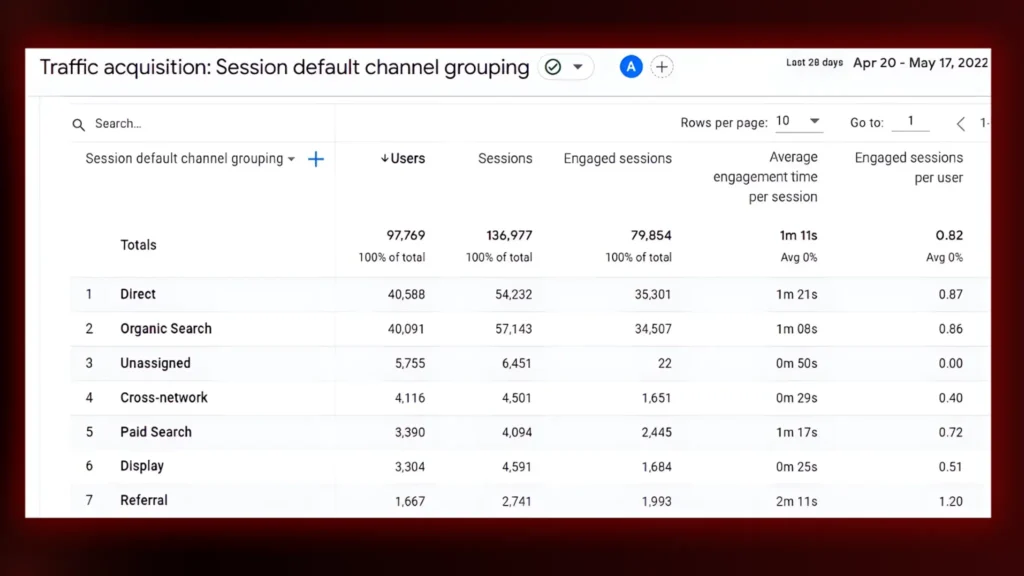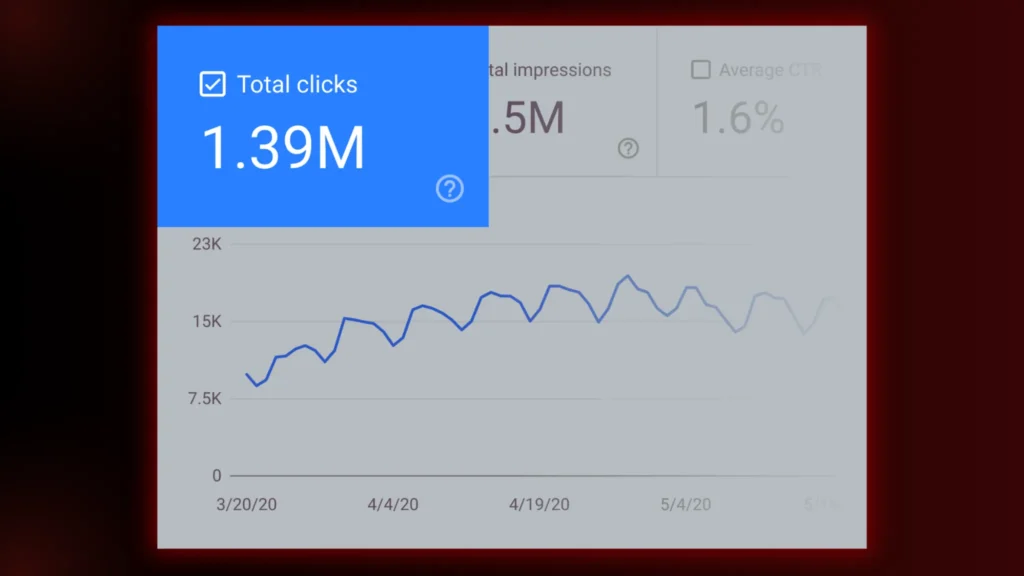Imagine you’re running a marathon without a map or a watch. You’d have no idea how far you’ve gone or how much farther you need to go. That’s what it’s like to engage in content marketing without analytics. Content marketing analytics is the map and watch you need to navigate your content strategy effectively. It helps you understand how your audience interacts with your content, allowing you to refine your approach and drive real results.
At BrandClickX, we believe in exploring the power of data to create content that resonates with audiences and drives tangible outcomes.
Let’s start to explore the details of content marketing analytics!
What is Content Marketing Analytics?
Content marketing analytics is the process of collecting, measuring, and analyzing data related to your content marketing efforts. It goes beyond general marketing analytics by focusing specifically on how your content performs across various channels and platforms. This process provides valuable insights into how your audience interacts with your content, helping you make informed decisions about your content strategy.
Know about latest content marketing trends in 2025
Why is Content Marketing Analytics Important?
The importance of content marketing analytics cannot be overstated. It provides actionable insights that help marketers refine their strategies, ensuring that content aligns with audience needs and business objectives. By leveraging data-driven insights, you can optimize your content strategy, improve ROI, and achieve better results.
A study by the Content Marketing Institute found that 90% of companies with successful content marketing efforts measure their content’s performance, highlighting the critical role of analytics in achieving success.
Key Metrics in Content Marketing Analytics
To effectively analyze your content performance, it’s crucial to track the right metrics. Here are some essential content marketing metrics to consider:
- Traffic Metrics: These give you a broad overview of your content’s reach and visibility. Key metrics include page views, unique visitors, and traffic sources (e.g., organic search, social media, referrals).

- Engagement Metrics: These measure how your audience interacts with your content. Important metrics include average time on page, bounce rate, and social media engagement (likes, comments, shares).

Source
- Conversion Metrics: These indicate how effectively your content drives desired actions, such as form submissions or purchases.

- SEO Metrics: These help you monitor organic traffic, backlinks, and keyword rankings, which are crucial for improving search engine visibility.

Read more to learn how to create a successful content strategy
How to Use Content Marketing Analytics
1. Set Clear Goals: Define what you want to achieve with your content, whether it’s increasing brand awareness or driving sales. This will help you focus on the right metrics and strategies.
2. Choose the Right Tools: Utilize platforms like Google Analytics, HubSpot, or Semrush to track and analyze your content’s performance across different channels.
3. Analyze Data: Regularly review metrics to identify trends and areas for improvement. Use data visualization tools to make complex data more digestible.
4. Adjust Strategies: Use insights to refine your content strategy, ensuring it aligns with audience preferences and business objectives.
Integrating SEO with Content Marketing Analytics
SEO is a vital component of any content marketing strategy. By incorporating keywords effectively into your content, you can improve search engine rankings and increase organic traffic. Here’s how to integrate SEO with content marketing analytics:
- Keyword Research: Identify relevant keywords that your target audience searches for. Tools like Google Keyword Planner can help in this process.
- Optimize Content: Ensure your primary and secondary keywords are strategically placed within your content, especially in the first 200 words.
- Track Performance: Use analytics tools to monitor how well your SEO-optimized content performs in terms of traffic and engagement.
Explore in detail about content marketing.
Building a Content Marketing Analytics System
Creating a robust analytics system involves several steps:
1. Define Metrics: Identify the KPIs that matter most to your business goals.
2. Select Tools: Choose analytics platforms that can track and analyze your content’s performance across different channels.
3. Regular Analysis: Schedule regular reviews of your data to identify trends and opportunities for improvement.
4. Adjust Strategies: Use insights to refine your content strategy and ensure it aligns with audience needs and business objectives.
Final Thoughts
Content marketing analytics is not just about collecting data; it’s about using that data to drive meaningful changes in your marketing strategy. By integrating analytics into your content marketing plan, you can ensure that every piece of content contributes to your business goals.
At BrandClickX, we believe in harnessing the power of data to create content that resonates with audiences and drives actual results. Whether you’re just starting or refining your existing strategy, embracing content marketing analytics is the key to exploring your content’s full potential.
Contact Us for more details!
FAQs
Q1: What is Content Marketing Analytics?
A1: Content marketing analytics involves collecting, analyzing, and interpreting data related to your content marketing efforts. It helps you evaluate the effectiveness of your content across various platforms and channels.
Q2: Why is Content Marketing Analytics Important?
A2: Content marketing analytics is crucial because it provides actionable insights that help refine your content strategy, ensuring it aligns with audience needs and business objectives. It helps optimize ROI and achieve better results.
Q3: What Metrics Should I Track in Content Marketing Analytics?
A3: Key metrics in content marketing analytics include traffic metrics (page views, unique visitors), engagement metrics (time on page, bounce rate), conversion metrics (form submissions, purchases), and SEO metrics (organic traffic, keyword rankings).
Q4: How Do I Use Content Marketing Analytics to Improve My Strategy?
A4: Use content marketing analytics by setting clear goals, choosing the right analytics tools, regularly analyzing data, and adjusting your strategy based on insights. This ensures your content resonates with your audience and drives business results.



